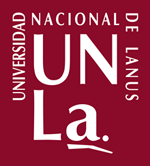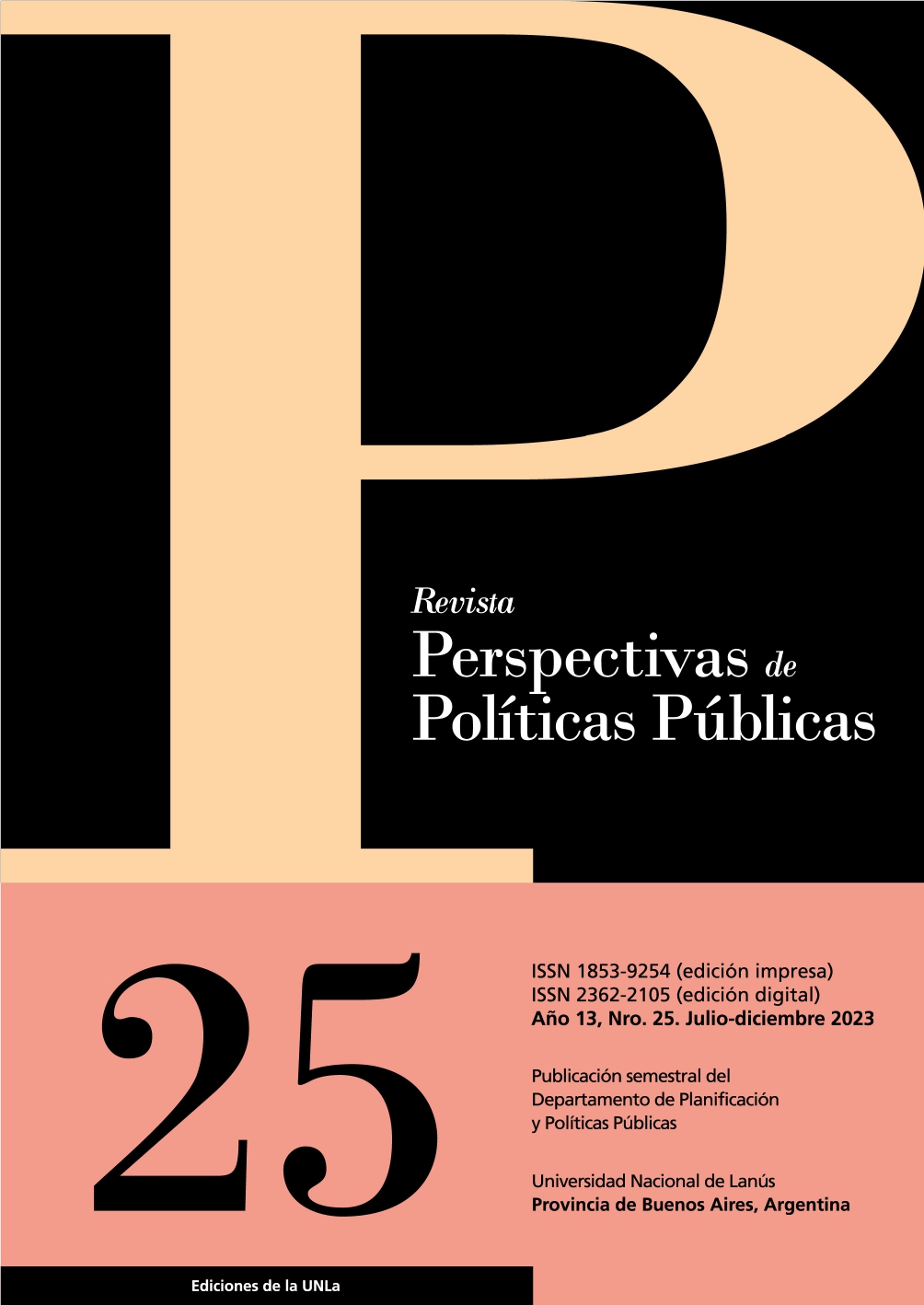Food retail Public Markets complexity in Córdoba City
Abstract
Public food retail markets are seen by a large part of the citizenry and, according to historical periods, by municipal governments as skeletons of the past that do not respond to current needs in food supply. The framework of both multi-sectoral and multi-stakeholder public policies that deals with them is shifting their contribution from nutritional food security towards interests linked to urban heritage, gastronomy, leisure and tourism. In the context of a multiscale and multilevel food crisis, reflecting on the way to socially access food is essential. These food social spaces constitute complex gears where multiple interests converge. My purpose here is to demonstrate the complexity of public markets in Córdoba City, as compared to the simplification of the approach by municipal policies that involve them within their institutional responsibilities. In order to achieve that, I assumed the theoretical-methodological approach of complexity, developing a multi-method research which takes into account the voice of the various actors related to the markets through open and semi-structured interviews, as well as documentary analysis, and records of field observation, accounting for the temporal delimitation of the analyzed period (2000 to 2015).






